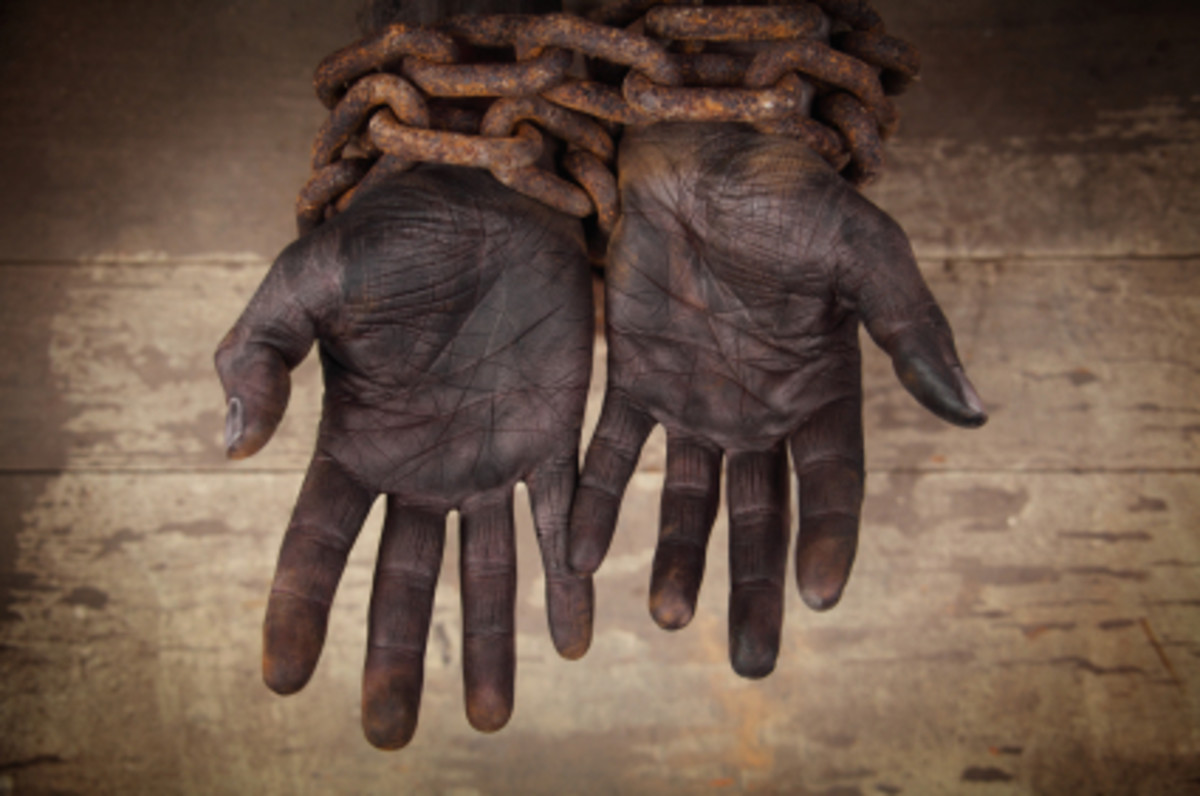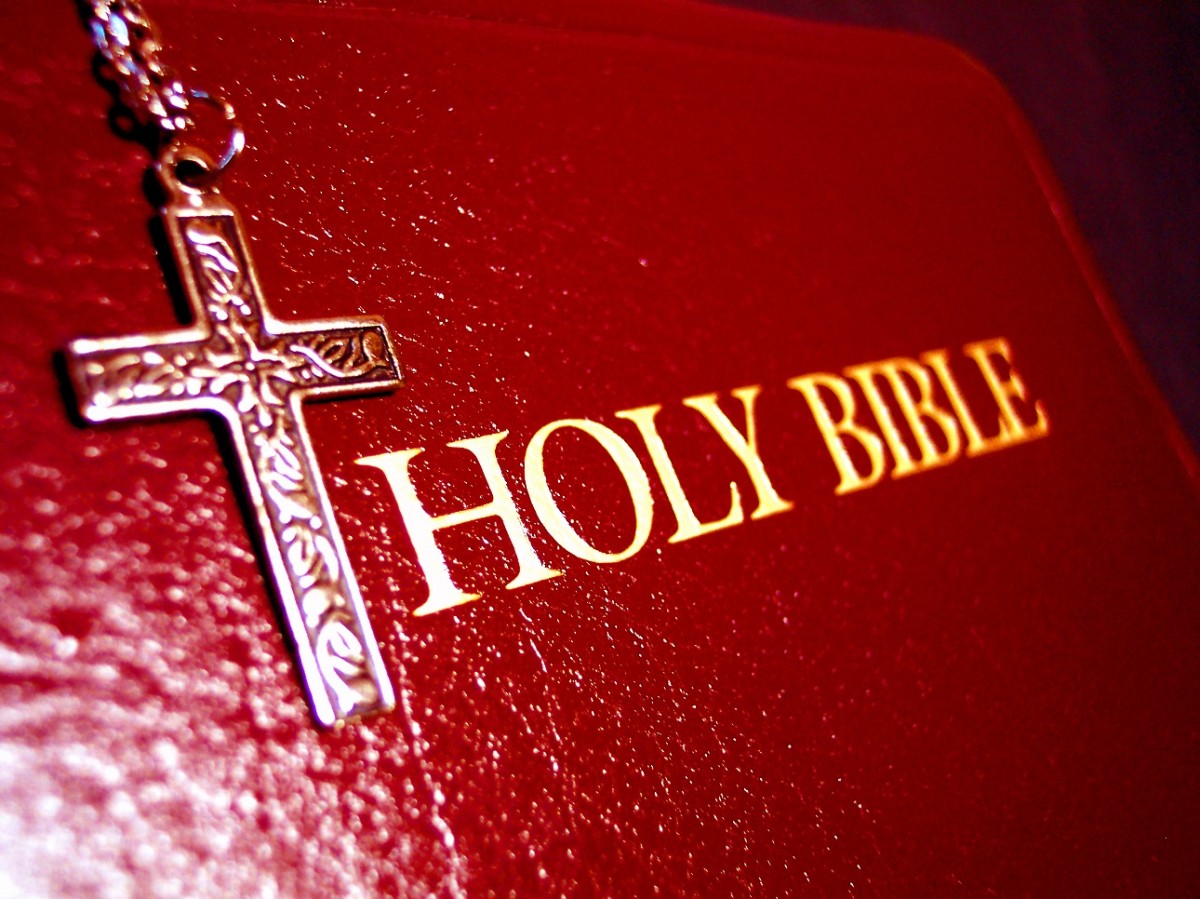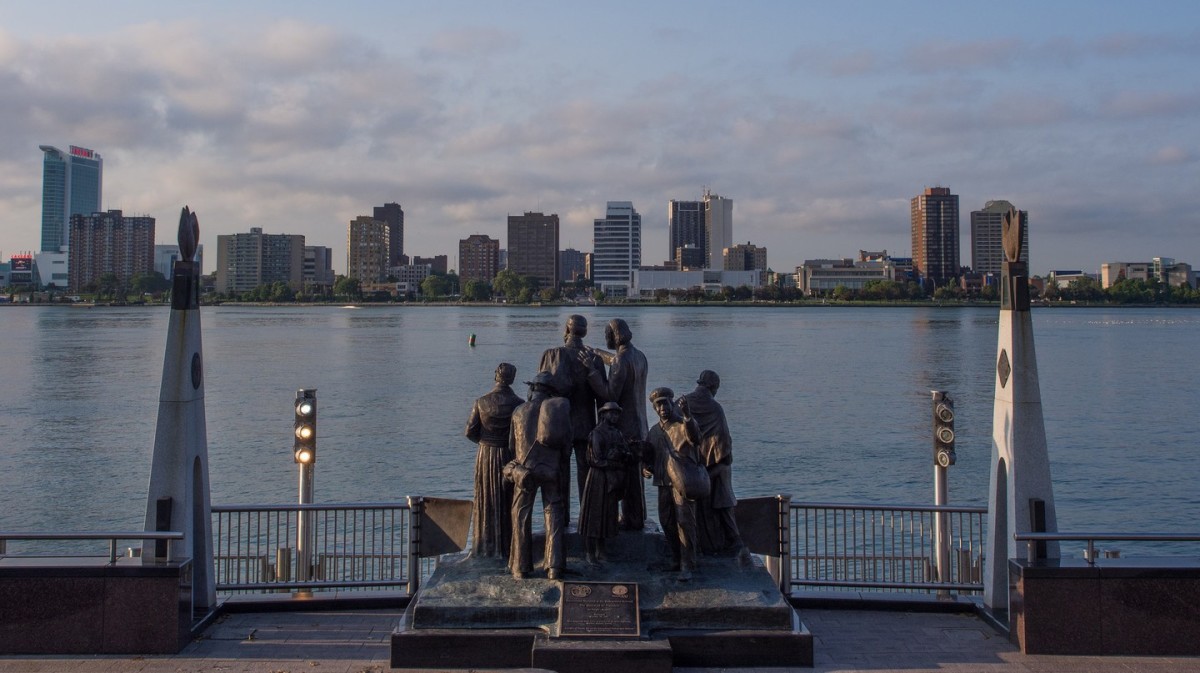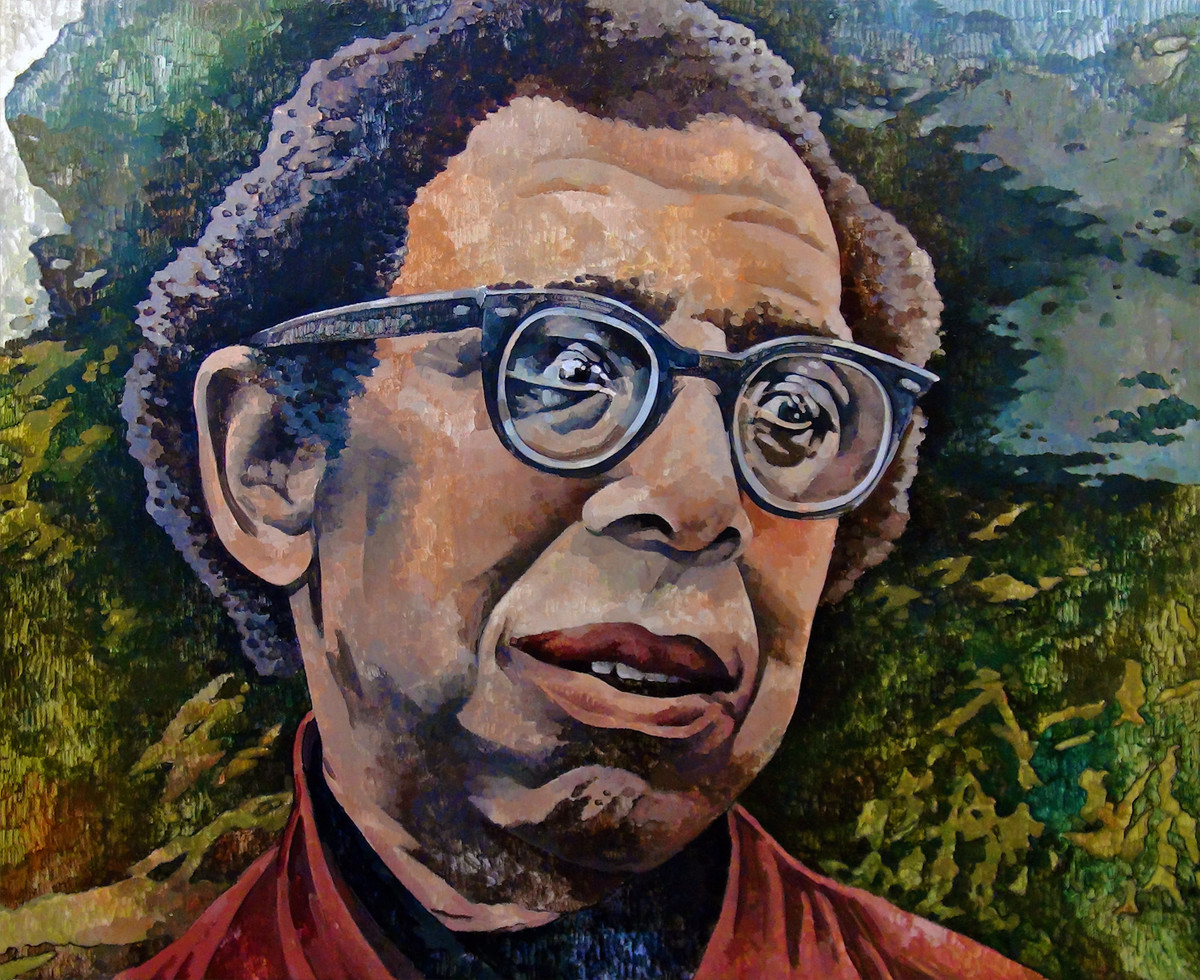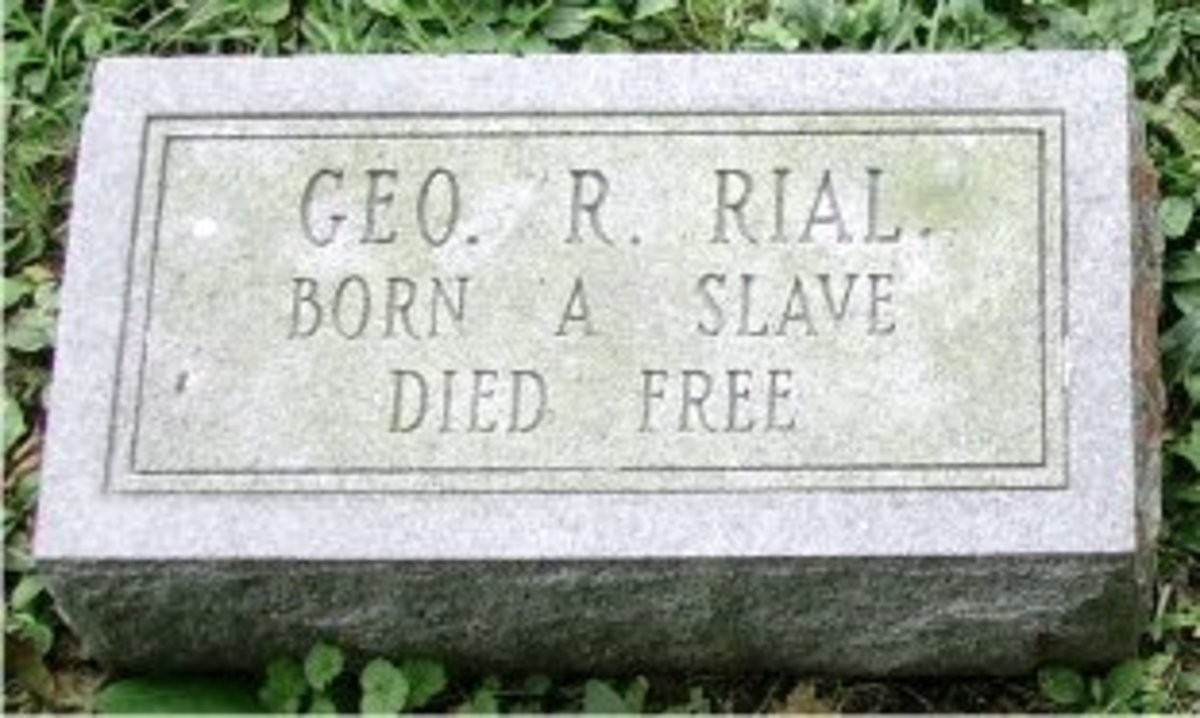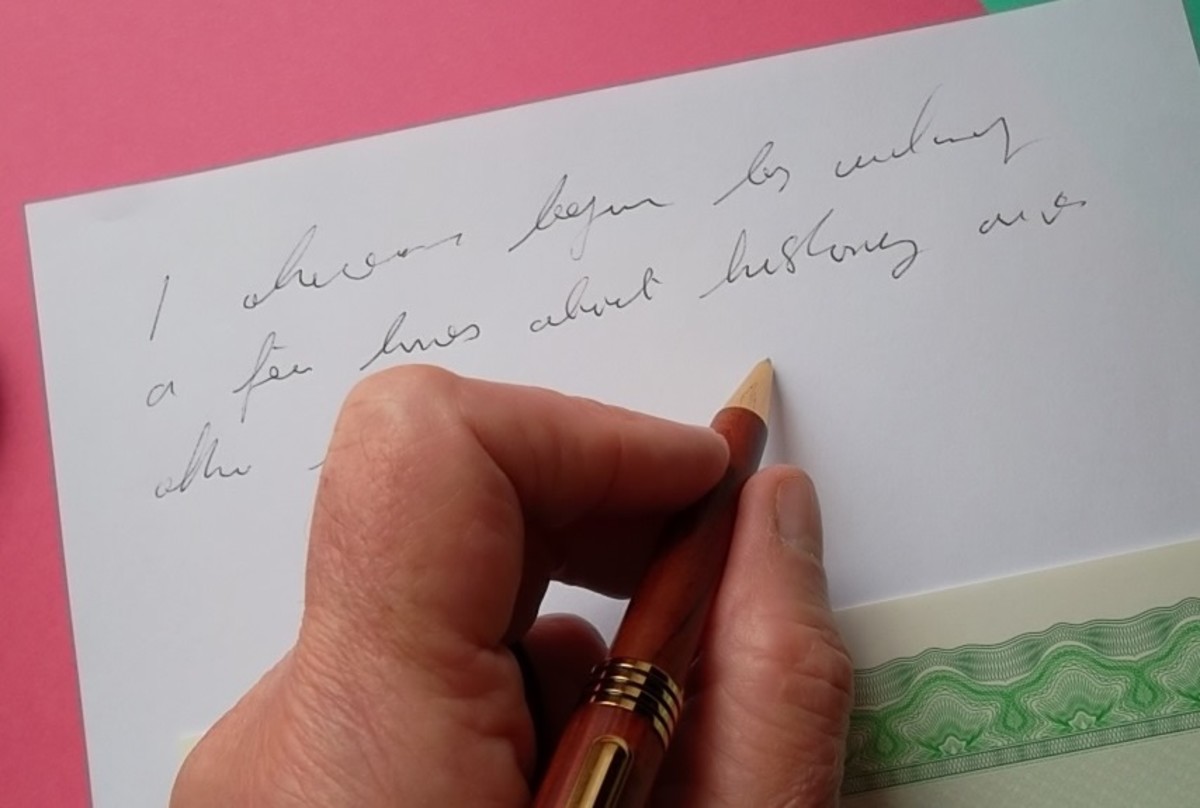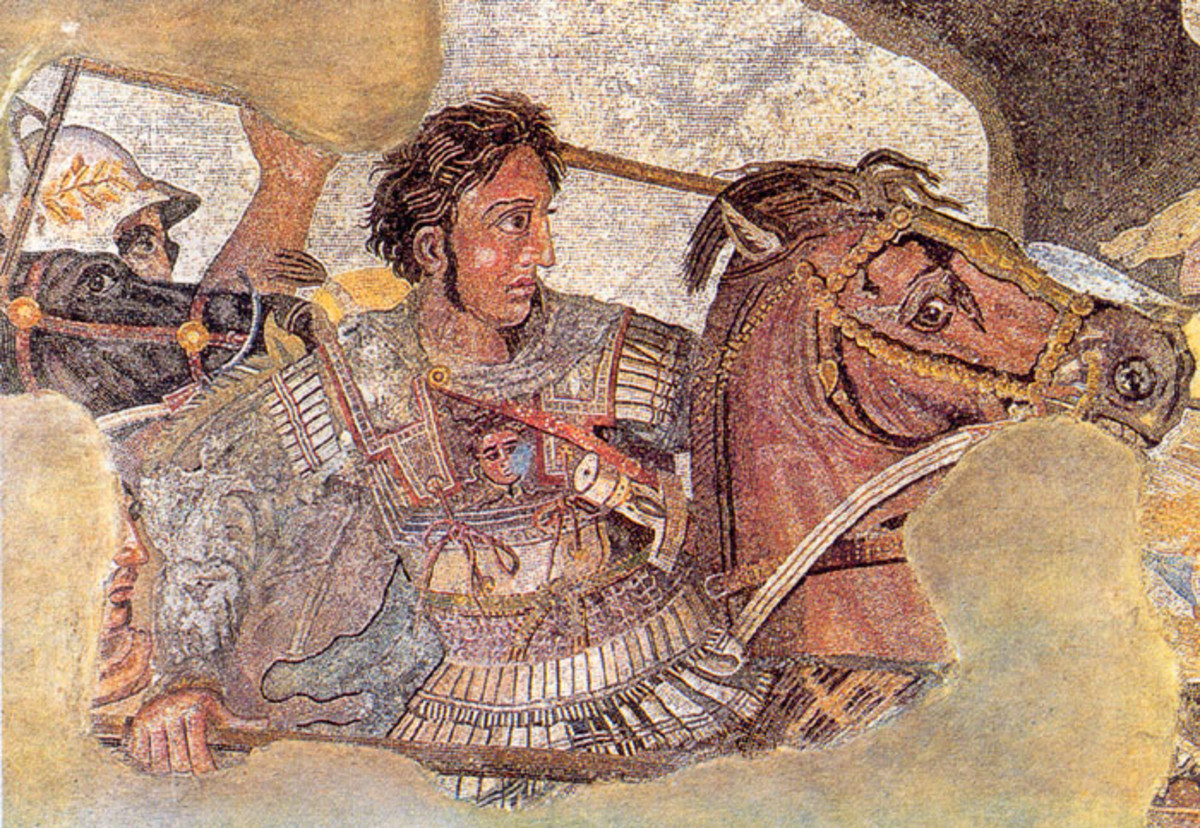- HubPages»
- Books, Literature, and Writing»
- Books & Novels»
- Nonfiction»
- Biographies & Memoirs
Fredrick Douglass: A Free Man
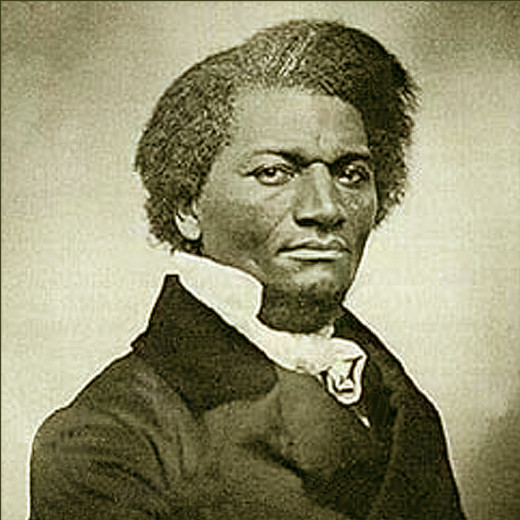
Fredrick Douglass grew up without knowing his birthplace, birthday or birthfather. He was stripped of every moral and physical right of man. Slave owners wanted to keep their slaves ignorant of the knowledge of their age or birth information, if given to a slave, that slave could become “a restless spirit”(41), one who might turn vengeful or fugitive. Thus, a slave had no right literally to himself, his own personal details he would know nothing of. Fredrick Douglass’s Narrative shows his growth from a slave boy into a liberated man, un-human by slave master, to a lion of a free man.
Douglass’s mother was with him for only a short while. After a long day working the field she would walk to the farm where her little seven-year-old Douglass struggled to fall asleep. Curling in close, she lay next to her little boy whom she warmed until the time came for another days work. Douglass’s mother soon became ill and died. He was not even allowed to see the mother, no sweet goodbyes or goodbye kisses, as every child so deserved. Douglass wasn’t even able to attend his mother’s funeral, an action anyone today would be tormented by. At a young age the entrancing spell of worthlessness slave-owners drove into their slaves, created a slave of no mind or say of his own. Anxiety and wonder of who Douglass was plagued him. Rumored that his father was his slave master must have left a sickening mark on Douglass. His slave master was evil and bloodthirsty. Douglass witnessed a horrifying scene of his aunt being whipped by this evil man; nothing could stop his, “iron heart from its bloody purpose.”(45)
Slaves were not given much for their well being, only one pair of socks and shoes for a whole year, “My feet have been so cracked with frost, that the pen with which I am writing might be laid in the gashes.”(59) There were no beds, only a cold clay floor. Sleep came or maybe it didn’t as the anticipation for the morning work horn kept the slaves anxious, for if they did not arrive on time they could be lashed. Whippings seemed to be for the pleasure of slave masters, despite, “crying children, pleading for their mothers release.”(48) Their hearts were stone cold, far past the warmth of transformation. Some masters may have been slightly less violent as others, but still the evil foundation remained. “He whipped, but seemed to take no pleasure in it, He was called a good overseer.” When abused so horrifically for so long, the slightest decrease in abuse seems like a relief. Believing their slave owner must be kinder than other slave owners, seemed to give a little relief to their circumstance. This is a clear sign of the brainwashing slave masters inflicted on their slaves, treating them inhuman. Douglass describes the treatment of slaves as “dehumanizing” and “soul-killing” It is this, which Douglass must overcome to become a man.
No matter how hard they worked to please their masters the slaves were beaten down, never an ounce of appreciative smile or gesture to lift the spirit from its worthless depths. The slave owners excused their actions to the greater-good of not only the plantation but to the slave as well. Slaves could not speak out against their horrifying trials. Their tongues had to be hushed, for if the truth were to roll out an unimaginable punishment could be the fate. Slaves holding back the truth within them, would speak kindly of their masters as to not face brutal punishment. Thus, the slaves emotions and pain were veiled with lies, to preserve safety. Only in the discrete words of a slave song, laid the painful hidden emotions of a slave. Singing was a natural way of relieving the blistering anxiety within oneself; the songs slaves sung, left an echo of the cruelty in their lives and the tragedies they endured, which could never be forgotten.
Slave masters treated their slaves as if they were animals, “The most of my leisure time I spent in helping Master Daniel Llyod in finding his birds, after he had shot them.”(59) Finding the birds after a hunt is something a hound dog would do, not a young boy. Yet at the time Douglass seemed to enjoy his job, unaware of its cruel hold on him. The slaves were fed like animals, unfortunately like pigs, ”This was called mush. It was put into a large wooden tray or trough, and set down upon the ground.”(60) Were children would run to ravenously with their bare hands to devour what they could.
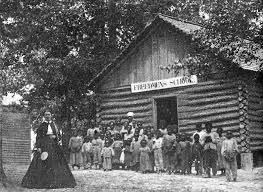
Douglass was soon sold to a new master, a husband and wife whom greeted him with a kind smile upon his arrival. The joy of a kind smile can make one endure the harsh of another day. Yet, this kindness would not last long as the power one gains when owning slaves soon leads to a disastrous evil transformation of the heart and mind, numbing the conscious of any integrity. The power of owning a slave seemed to transform the kindest soul, into a selfish and aggravated beast. Douglass’s first transformation in his journey to manhood began when his slave masters wife started to teach him to read. Once her husband found out about this he angrily declared it is, “unsafe to teach a slave to read.”(63) “He would at once become unmanageable, and of no value to his master…it would make him discontented and unhappy.”(64) This sparked the first flame in Douglass, in which he would realize his right to freedom, and how mistreated he really was. Even if Mr. and Mrs. Auld had been kinder than his previous owners, Douglass had the right to be free, he had the right to his own happiness, not what his owners thought would make him happy. Douglass now realized, “the pathway to freedom”(64) was an education, becoming a learned slave to out wit the white man.
Slave owners knew they would loose the hypnotizing power they held of their slaves, once their slaves became educated. Douglass new this and, “The thought of being a slave for life began to beat heavily on my heart”(67); he was only twelve years old at this time. Desperate to learn, he would save bread and trade it with schoolboys for lessons, “the more valuable bread of knowledge”(67). Although learning to read gave Douglass hope, it also made him face the reality of his struggle and the brutality of his “wretched condition”, “it opened my eyes to the horrible pit, but to no ladder upon which to get out”(68). Douglass came across some Irishmen who told him he should runaway to the North, that he might be free. He put this in the back of his mind, until he could find a way to escape, and meanwhile learned to write, “my pen and ink was a lump of chalk”(70).
Douglass was once again put up for sale, and had to endure the humiliating experience of ranking, “were ranked with horses, sheep, and swine.”(71) Douglass was past the point of believing he was an animal and this speculation sickened him. His anger toward slavery amplified at knowing his hard working grandmother who served her master diligently throughout the years, was going to be isolated in the woods alone, remaining a slave. It was not in her masters will to let her go free. Douglass’s anger rose within him everyday, his new owners would not feed their slaves well, despite their Christianly religion, “that mistress and her husband would kneel every morning, and pray that God would bless them in basket and store!”(76). A selfish and hypocritical spit in the face of a hungry slave, whom worked so hard to please, would not even be fed for his labor. Douglass’s new master was high up in church society and yet he whipped a lame woman, did not Jesus heal the lame?
Douglass was becoming a man more each day and was sent to a new slave owner to be broken by Mr. Covey, “Mr. Covey succeeded in breaking me. I was broken in body, soul, and spirit”(83). “My natural elasticity was crushed, my intellect languished, the disposition to read departed, the cheerful spark that lingered about my eye died, the dark night of slavery closed in upon me; and behold a man transformed into a brute!” (83) Douglass was frequently struck with pangs of excitement of what freedom would feel like, leaving an anxiety of hopelessness, resulting in the desire to kill himself, to be at peace, and to endure infliction no more. But some flicker of hope remained in Douglass, giving him the strength he needed to endure. Like any passion that plagues the mind, freedom was Douglass’s passion, and everything around him teased him of its great reward, “Those beautiful vessels, rubbed in purest white, so delightful to the eye of free men, were to me so many shrouded ghosts, to terrify and torment me with thoughts of my wretched condition.”(83)
And thus Douglass was ever so close to becoming a man, “It cannot be that I shall live and die a slave”(84). His once kindled hope of freedom in his heart, now burst into an excited angry flame of endurance that would carry him to his greatest desire, “You have seen how a man was made a slave; you shall see how a slave was made a man”(84). Douglass at one point was so full of anger at Mr. Covey’s continuous cruel whippings and beatings, that Douglass fought back and set the fear into him, “This battle with Mr. Covey was the turning-point in my career as a slave. It rekindled the few expiring embers of freedom and revived within me a sense of my own manhood”(89), “I felt as I never felt before. It was a glorious resurrection, from the tomb of slavery, to the heaven of freedom”(89).
On Sundays Douglass decided to create a Sabbath School, where Douglass would teach his fellow slave-men to read, when a band of Christianly slave-owners would then violently break up their Sabbath meeting. Douglass admired his slave friends for they, “came because they whished to learn”(95) despite the threat of lashings.
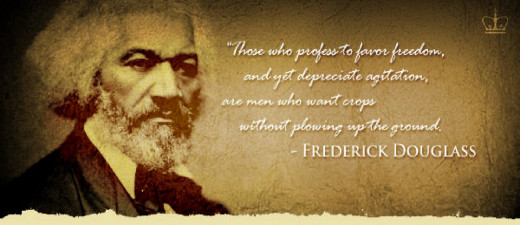
Douglass first attempt at freedom failed, but he was soon ignited with another opportunity to flee to a free state; New York, “I felt assured that, if I failed in this attempt, my case would be a hopeless one-it would seal my fate as a slave forever”(110). Douglass married and both him and his wife Anna Murray, fled to New York. Douglass found employment and was no longer under the cruel rule of a slave master, “I was now my own master”(118). Douglass would never forget his past or the poor souls who remained slaves. He would dedicate his life to end slavery, for he loved his slave family and he wanted them to feel the same freedom he so struggled to attain.

